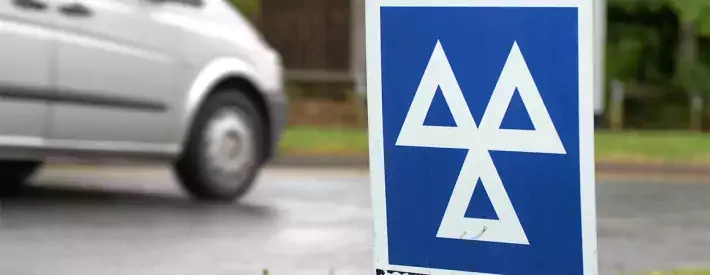How to streamline your MOT business’s quality control

Need to keep on top of your MOT quality control, but don’t have limitless resources inside your business? Why not look at outsourcing some non-mandatory roles
We're all busy and it can feel like there is never enough time to complete every task to the level we would like, or worse, left undone. The MOT sector, when licenses need to be protected, is no different, but there is now a way to streamline your business to make it more efficient and help maintain quality.
Roles and responsibilities for the Vehicle Test Station (VTS) are split into mandatory and non-mandatory roles. The minimum mandatory requirements are:
- Authorised Examiner Delegate Manager (AEDM)
- Site Manager (SM)
- Tester
For a small organisation, these three roles may be performed by the same person. That’s a lot of hats for a small business and so the non-mandatory roles could be somewhere to look at making changes and bringing some external help in. The two non-mandatory roles are:
- VTS Site Admin
- Authorised Examiner Consultant
It’s important to remember that the non-mandatory roles don’t remove the responsibility held by the mandatory ones, they’re there to assist them in the day-to -day running of the business.
The DVSA permitted the appointment of external consultants for the AEC role in 2019 in recognition of the expanding management role for the AEDM, and in the pursuit of achieving best practice.
Not having an AEC in place should not impede a VTS, understanding what this role can offer an organisation, large or small, is important when considering if it’s the correct fit. An AEC role can be assigned through the VTS portal and allows them to view:
- Test quality information
- Test logs
- Tester annual assessment certificates
- Site review outcomes
They can’t perform actions such as starting a test, assigning a role, or buying slots.
Having remote access to this information enables the AEC to prepare a visit to the VTS, looking for anomalies that could be of concern to the DVSA during a site visit. The reassurance an AEC can provide is that of peer-to-peer support, an opportunity to ask questions about specific areas of testing, and ensuring compliance is met for the organisation.
This can alleviate an enormous amount of worry for the busy business owner. Site visits were paused through the first lockdown, but there is no intention for this strategy to continue into subsequent lockdowns. When employing an AEC, making sure what’s provided for that paid service is crucial to the success of the relationship.
There are different levels of service available which would suit different pockets and situations, not all AEC offerings include the quality control aspect of testing which currently doesn’t accommodate a remote inspection, something which may be reviewed in the future as qualification delivery is normalised using digital methods as part of education deployment.
Bringing in an external AEC may not be worthwhile for every MOT business, but it you’re wondering how to maintain quality, but simply don’t have the staff, it could be something to give a little more thought.




